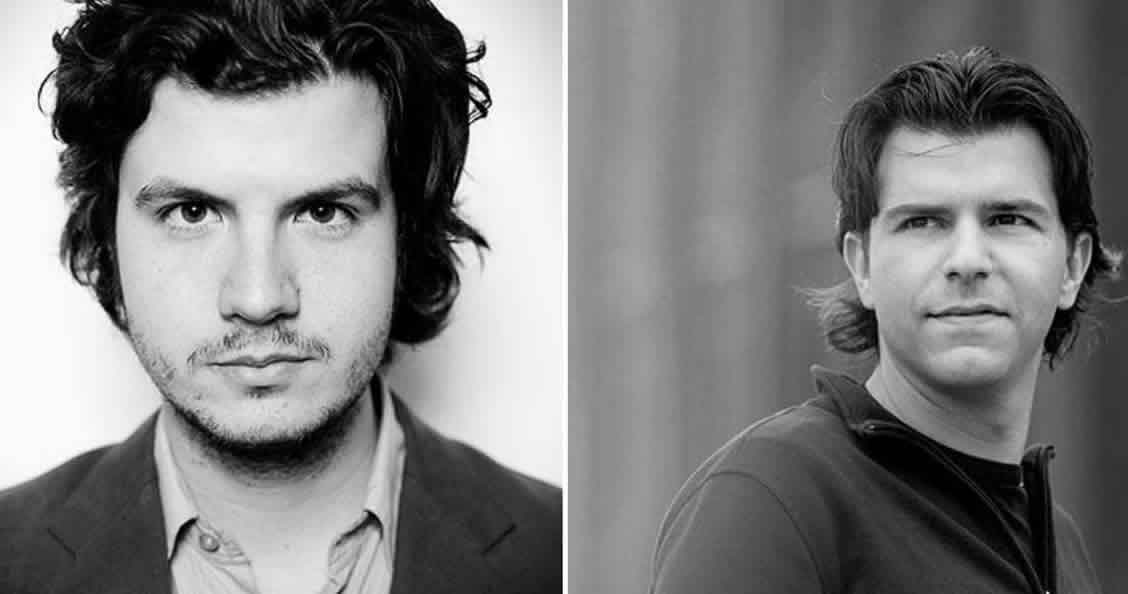De Correspondent co-founders Rob Wijnberg and Ernst-Jan Pfauth talked to us about the challenges behind their crowdfunding success, digital storyelling, and the ideal of objectivity in journalism.
Why is storytelling important to you?
For journalists, nothing is more important than storytelling. Simply because journalism is storytelling. Yet, many journalists – and in some traditional news organizations: most journalists – do not see themselves as storytellers. The reason for this is as explicable as it is alarming: the ideal of objectivity has taught journalists to stay out of their own stories. To act as messengers of facts instead of narrators.
At De Correspondent we have said goodbye to this objectivity ideal: not only because we do not believe objectivity in journalism is possible, but also because we think it makes us bad storytellers. To perform journalism is to not only report the facts, but also explain to the world why and in what way these facts matter. In other words: to tell a story.
What was the most challenging part in launching the platform?**
Everything from beginning to end was challenging and relatively easy at the same time. It is very hard to convince 15.000 people to subscribe to a platform that at that time was only an idea, yet we managed todo so in 8 days. It is very hard to convince the most talented journalists to join a platform before you caneven guarantee them a salary, and yet almost all of the people who work for The Correspondent nowsaid yes in a heartbeat. It is very hard to build a great platform in just five months, and yet our team atMomkai succeeded beyond our wildest dreams.
If you take into account that only ten years ago it would be impossible to start a ‘newspaper’ like this, the correct answer would be: the most challenging part is not launching, but staying in space.
Did you expect the crowdfunding campaign to be such a success from the start?
No, only months before our campaign a worldwide campaign for the first time broke the 1 million dollarrecord, and we needed 1.2M dollar! In a country of only 16 million citizens…! So we figured our chanceswere pretty small. Fifty fifty, at most. We never expected to raise the necessary amount in only eight days.
What basic elements do you require for a good story?
Basic ingredients for a good story include: a new insight into how the world works; a clear style ofwriting; a clear perspective from the author on the topic at hand; and facts and trustworthy sources thatsupport this perspective.
How is digital storytelling different from other forms?
It allows us to experiment with new ways of storytelling, ways we haven’t even discovered ourselves! Basically most web publishing is still doing what you did with print, only then you’ve added some links(which is already great). But now, because we have developers and designers in our highest ranks, we can experiment with new ways of stortytelling.
For example, our lead developer came up with infocards,which allow us to create different entry levels for readers whose knowledge of the subject exceeds theaverage. Also, when part of a story is best told with a video, we send a camera crew. We have the luxury of picking the right medium types for the story, like this one, for example:
Online journalism provides many new ways for us to tell these stories. That’s why we closely cooperate with designers and developers in our day to day work: they, also, are storytellers. They provide the platform on which the stories are told. Put together they make it possible to perform journalism as it is supposed to be: as a never ending story about the world around us.
The Dutch site’s publisher, Ernst-Jan Pfauth, and its editor-in-chief, Rob Wijnberg, talked at The Power of Storytelling about turning an idea into a strong digital publication with over 30,000 subscribing members.
